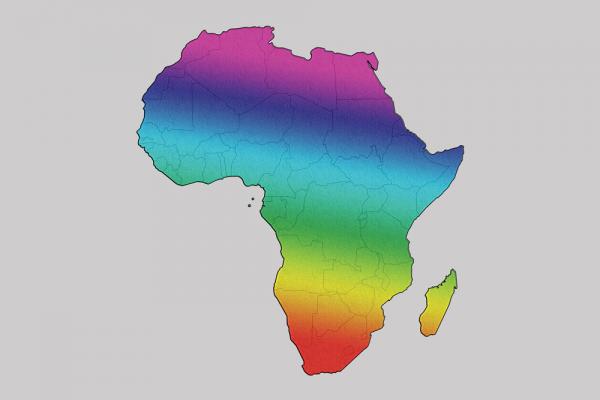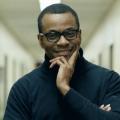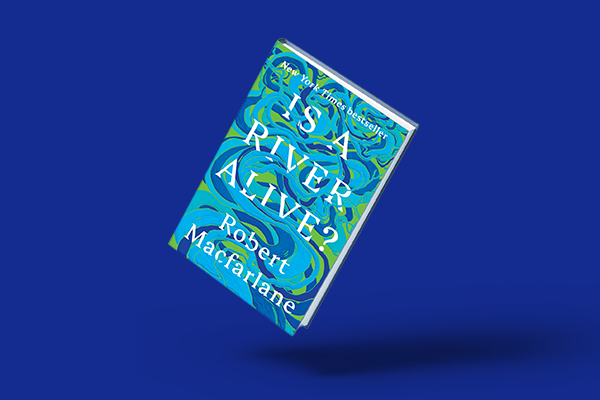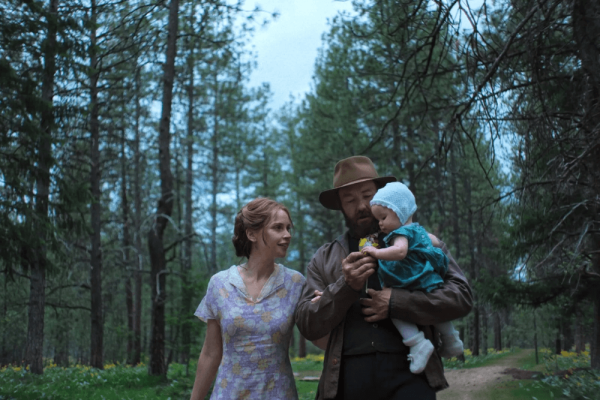IN MAY, UGANDA'S President Museveni signed a law that criminalizes same-sex sexual acts between consenting adults and allows for the death penalty in some cases. Homosexuality was already illegal in Uganda under a colonial-era law and punishable by life imprisonment. Uganda joins four other countries on the continent where being gay may be punishable by death.
When African leaders say that homosexuality is alien to African culture and is being introduced into Africa by Westerners, they are referring to African history that was strategically redacted over time by European colonizers and missionaries. This erasure was counter to original colonial annals that reflect exceptions to heterosexuality as far back as the 1500s. Portuguese documents identify esteemed same-sex male relationships in the kingdom of Kongo and a male-identified female warrior class in Dahomey.
One result of this redacted history is that in later anti-colonial struggles, African nationalists would uphold a moral “African” sexuality (one actually rooted in standards imposed by colonizers) against the immoral West, according to historian Marc Epprecht. Both religious and state power have been used to suppress LGBTQ+ people in African societies while also promoting heteronormativity for building the nation-state collective identity. Even today, “patriotic heterosexuality” is promoted by some state and religious leaders.
This religio-political system blurs the lines between state and religion. In fact, state power immediately positions itself as a tool for promoting collective Africanness within a particular nation-state, allowing it to make religion a partner in its use of force to control those it deems to exist at the peripheries of heteronormative society.
An example is in Uganda. The Anglican archbishop there has openly aligned the Anglican Church with the state authorities in ensuring that homosexuality is criminalized.
Luckily, the picture is not completely bleak. There are dissenting voices. Some religious and secular organizations around the continent are providing support to members of LGBTQ+ communities.
For example, the Universal Coalition of Affirming Africans Uganda uses a faith-based approach to advocate for LGBTQ+ rights. The Fellowship of Affirming Ministries is a U.S.-based global Christian organization that creates safe spaces and inclusive theologies. Inclusive and Affirming Ministries, now active in nine African countries, is a Christian organization working with faith leaders and elected officials to pass inclusive policies that benefit LGBTQ+ communities. Gay Christian Africa is a Christian social group with a very active social media presence that humanizes members of these communities by creating a platform for them to tell their stories. The Inner Circle is an Islamic group that advocates for acceptance of Muslims who identify as gay within the Muslim community in South Africa. Founder Imam Muhsin Hendricks also convenes an open and affirming mosque in Cape Town. The Global Interfaith Network organizes in several African countries to promote positive dialogue and advocate for LGBTQ+ rights.
THIS SPRING, the research group on LGBTQ+ realities in Africa that I lead had its first public lecture. Our conversation revealed a few key points.
First, the discourse on homosexuality in Africa today is still disconnected from precolonial African history and ritual, when it was never reduced only to sexual encounters. To understand homosexuality in Africa, one must understand African religious traditions. It was not seen through the lens of individual rights as is understood in Western societies. It was an expression of the fecundity of life in which all participate.
Second, there is a close link between the trauma of colonialism in the African collective psyche and the current rigid hermeneutic on human sexuality that tends to play out in the public discourse on LGBTQ+ identity and expression in Africa. To address this, African leaders and scholars ought to take seriously a decolonial approach to retrieving forgotten knowledge that can help address the issues at stake.
Finally, a way forward would include a strategy of dialogue that allows for difficult conversations to be addressed while embodying the African dialogical practice of palaver. This traditional form of conflict resolution is about entering into deep dialogue that allows for differences to be held in place while ensuring that all parties experience abundant life.
In Africa today, the LGBTQ+ communities want to experience abundant life. They want to be seen and appreciated as human beings with a full spiritual life, as members of faith communities, and as proud citizens of their respective countries. Africa needs them — just as they need Africa.

Got something to say about what you're reading? We value your feedback!







